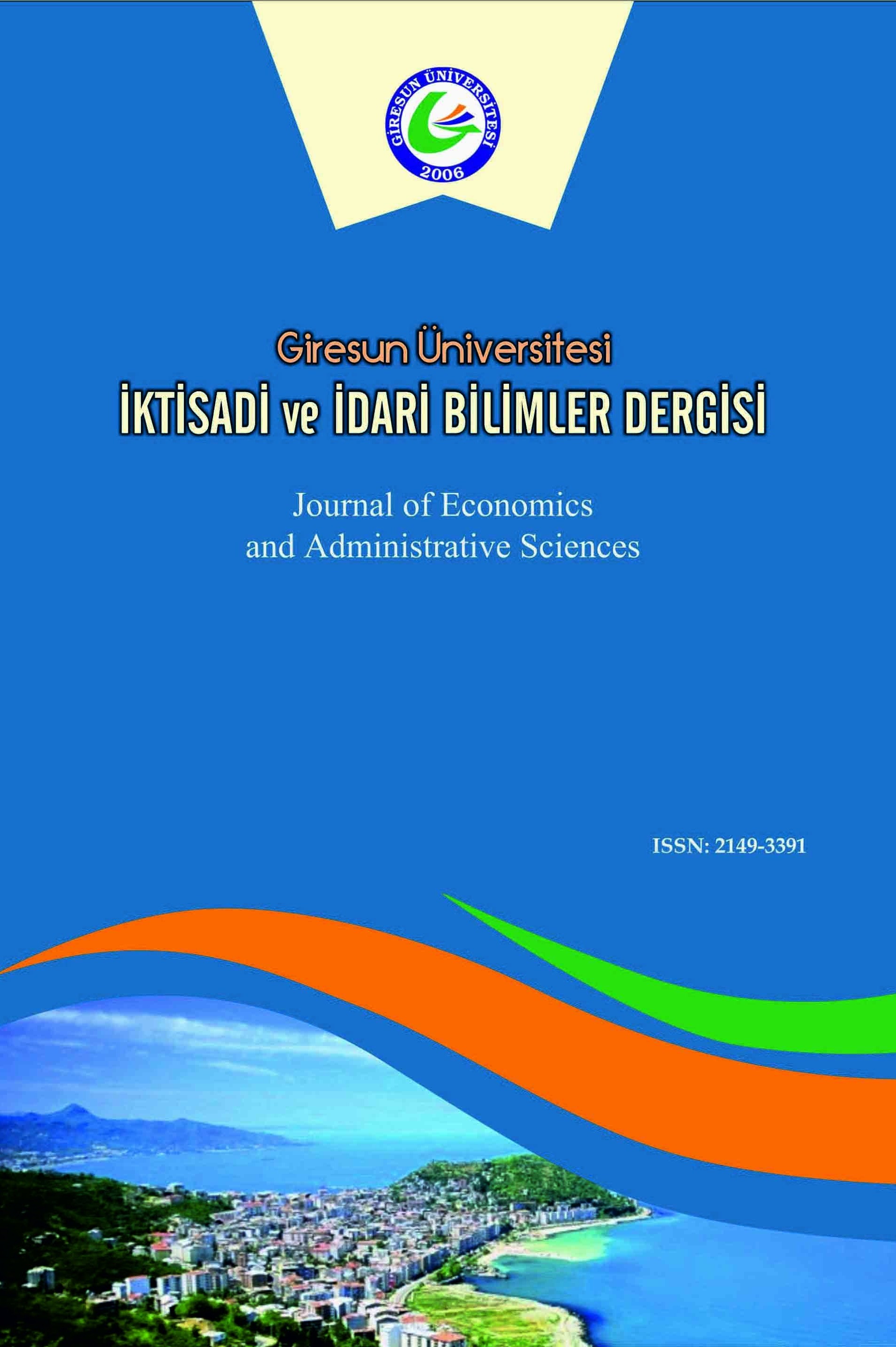
Giresun Üniversitesi İktisadi ve İdari Bilimler Dergisi
Yazarlar: ["Aslı Büşra KURAKCI", "Rumeysa DURSUN"]
Konular:-
DOI:10.46849/guiibd.1219221
Anahtar Kelimeler:Müdahale,AB-NATO,Rusya,Ukrayna,Kırım
Özet: There is noconsensus in international law regarding the definition of the interference or the scope of the legitimate interference. The definition of intervention is quite broad and has been the subject of extensive debate in scientific studiesin terms of the United Nations (UN) international law. Ukraine is located in a strategically important are a between the European Union (EU), Russia and Turkey's Black Sea Region. As a result of the east ward expansion strategy of the EU and NATO, Ukraine's desireto join the EU and NATO has been a factor causing tension for Russia. After the President of Ukraine Yanukovych announced that he would not participate in the Association negotiations with the EU in 2013, the demonstrations that started in the Independence Square in Kiev led to an internal crisis. With the intervention of Russia in Crimea, this internal crisis has reached an international dimension. In this context, the Ukraine crisis has shown that Russia will once again challenge the international community and international law as to the changes that may occur in its post-Cold War environment. From this point of view, the aim of this study is to examine the factors that generated Russia’s intervention in Crimea. In addition, it is to investigate the effectiveness of the interventions and their compliance with international law, taking into account the EU-NATO effect. Although Russia, with its intervention in Crimea, provided arguments to justify the reasons for the annexation of Crimea to Russia after the independence referendum, the absence of an effective solution in the current international legal system paved the way for Russia's intervention.